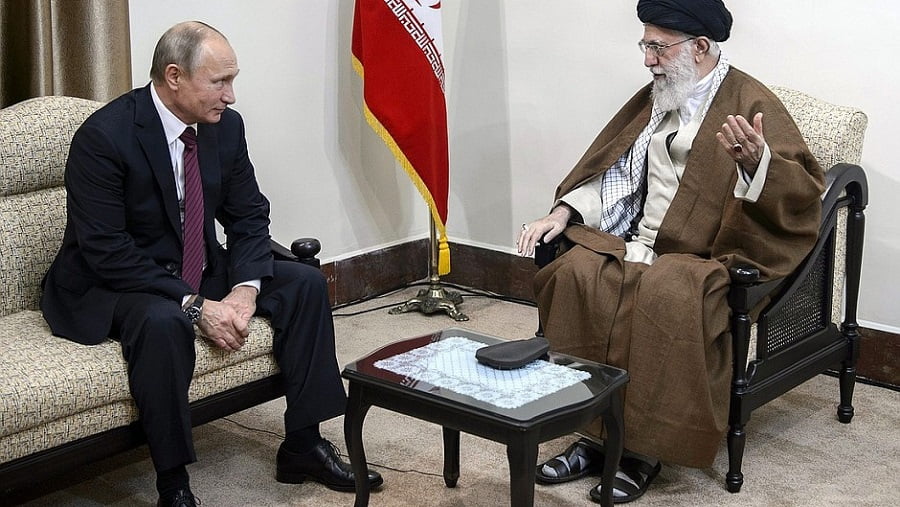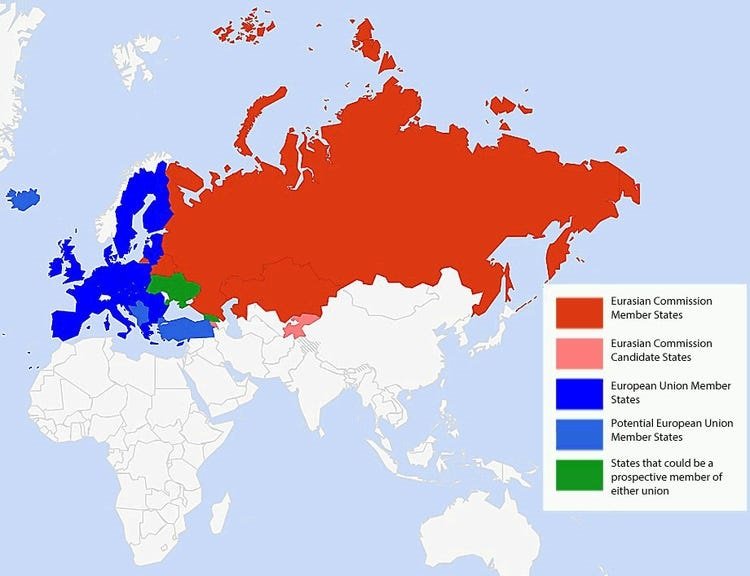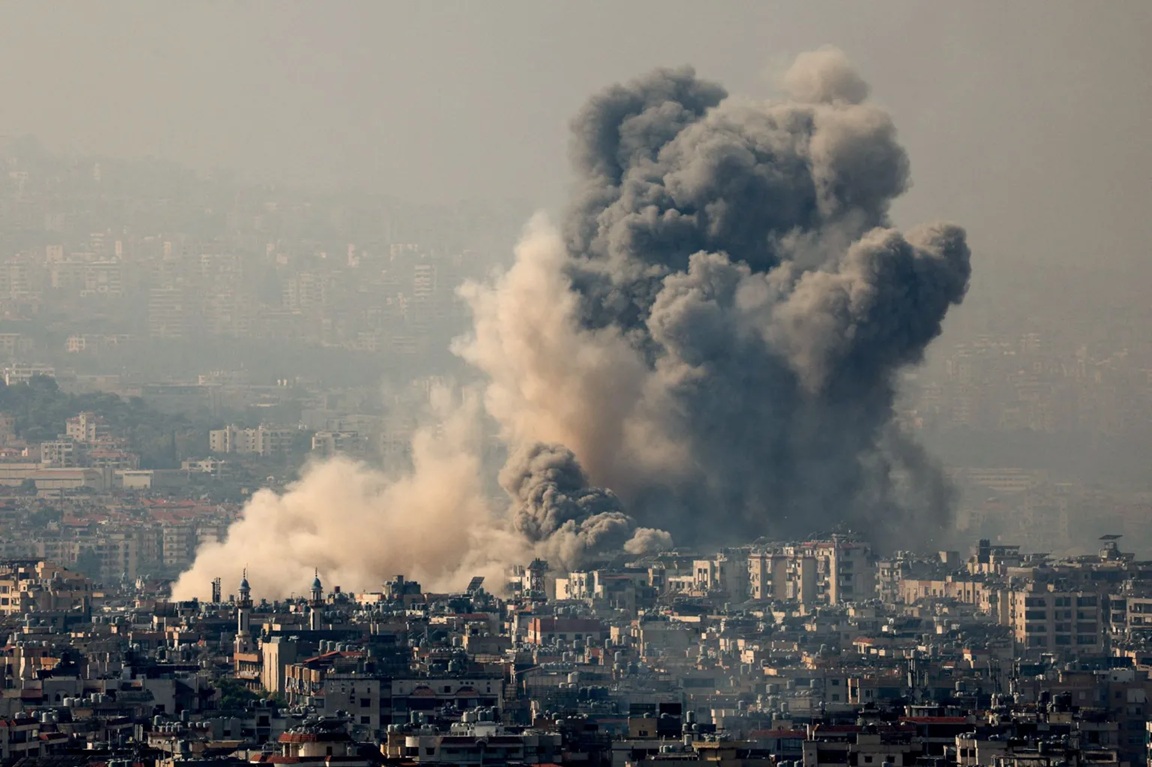
Iran seeks to join the Russia-led Eurasian Union. The Islamic Republic already signed a free trade agreement with Eurasian Economic Union (EAEU) in October 2018 and now Tehran aims to additionally increase its business ties with this supranational entity. Are the EAEU member-states ready to let Iran into the post-Soviet integration space?
By Nikola Mikovic
The Eurasian Union was created on the basis of the Customs Union of Russia, Kazakhstan and Belarus. The agreement on the creation of the EAEU was signed on May 29, 2014 in the capital of Kazakhstan, Astana, now Nur-Sultan.
Armenia and Kyrgyzstan joined the EAEU in 2015. That year, the enlargement process stalled. For the first time, the status of observer state was granted to Moldova in May 2018. On December 11, Uzbekistan was granted observer status at the Eurasian Economic Union, as well as Cuba even though the Caribbean country is located neither in Europe nor in Asia.
Iran, on the other hand, has been showing interests in the Eurasian integrations for a long time, but despite negotiations, meetings and consultations it was never grated observer status.

Still, a temporary agreement between the EAEU and Iran is currently in force, and it leads to a free trade zone. In 2020, the EAEU heads of state decided to start negotiations on the development of a full-fledged free trade zone.
Although Iran’s parliament speaker Mohammad Baqer Qalibaf recently said that preparatory works for the Islamic Republic’s permanent membership in the Eurasian Economic Union (EAEU) is going to be done by the end of February, at this point Tehran’s membership in this organization remains highly uncertain.
It is worth noting that Qalibais is a representative of the legislative branch of the Iranian government, which means that he has nothing to do with the practical adoption of any decisions. Thus, his statement cannot be taken seriously.
According to Iya Malkina, Aide to the Chairman of the Board of the Eurasian Economic Commission, there have been no requests for Iran's accession to the Eurasian Economic Union. Given that Iran is scheduled to have presidential election in June, and Qalibais is a potential candidate, his rhetoric should be taken as part of the election campaign.
Moreover, the very structure of Iran's economy does not imply integration into Eurasian Union, which already has a common market, a common labor market, and a visa-free regime. Also, all the EAEU member-states are part of the Commonwealth of Independent States formed following the dissolution of the Soviet Union in 1991.
That is why the EAEU is mostly viewed as a project for the integration of the countries of the former Soviet Union. With a potential participation of Iran, the alliance would go beyond the post-Soviet borders, which could have serious implications for the Middle East.
In addition, if Iran becomes a full-fledged member of the EAEU, the Caucasus can expect fundamental changes as well. For instance, it is likely that the old and completely forgotten project of the railway connecting Iran and Armenia could be revived.
There are already indications that the construction of the Nakhchivan corridor - a land route connecting not only Azerbaijan to its Nakhchivan exclave located between Turkey and Armenia, but also Russia and Turkey, as well as Russia and Iran – will start soon.
A future rail link between Russia and Iran, passing though Azerbaijan and Armenia, will undoubtedly affect the economic relations between the two countries. Moreover, it will help Iran additionally strengthen its ties with other Eurasian Union member states.
The Islamic Republic has the second largest oil reserves in the Middle East, and occupies 5.5 percent of the world oil products trade market. As such, it would present a serious competition to Russia – the de facto leader of the Eurasian Economic Union.
Moscow has historically used Iran as a counterweight or source of leverage to balance its relations with Western powers, particularly the United States. Iran, on the other hand, is now hoping to neutralize, at least to a certain extent, the cost of the US sanctions, and also to force the US administration to be more flexible, especially when it comes to negotiations on the nuclear program. That is one of the reasons why Tehran is pushing for membership in the EAEU where Moscow has the final say.
Nikola Mikovic is a Serbian journalist and a senior Geopolitical Analyst he publishes often for The Levant News.






